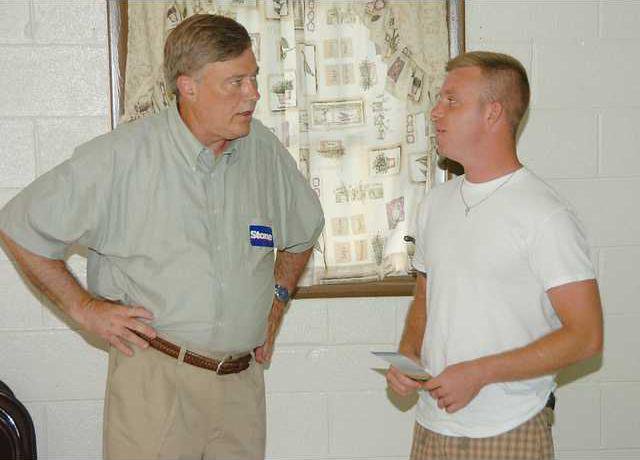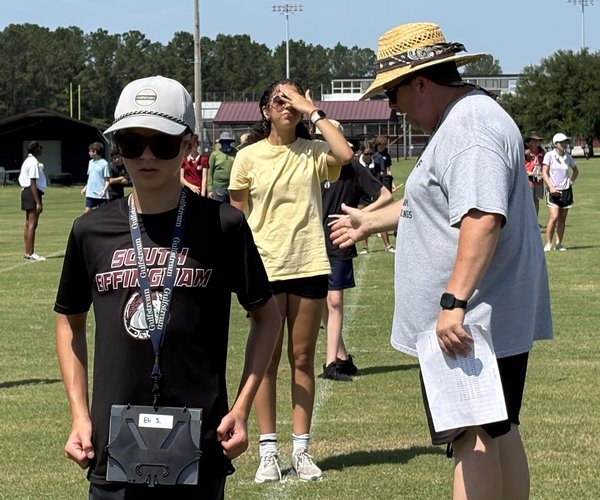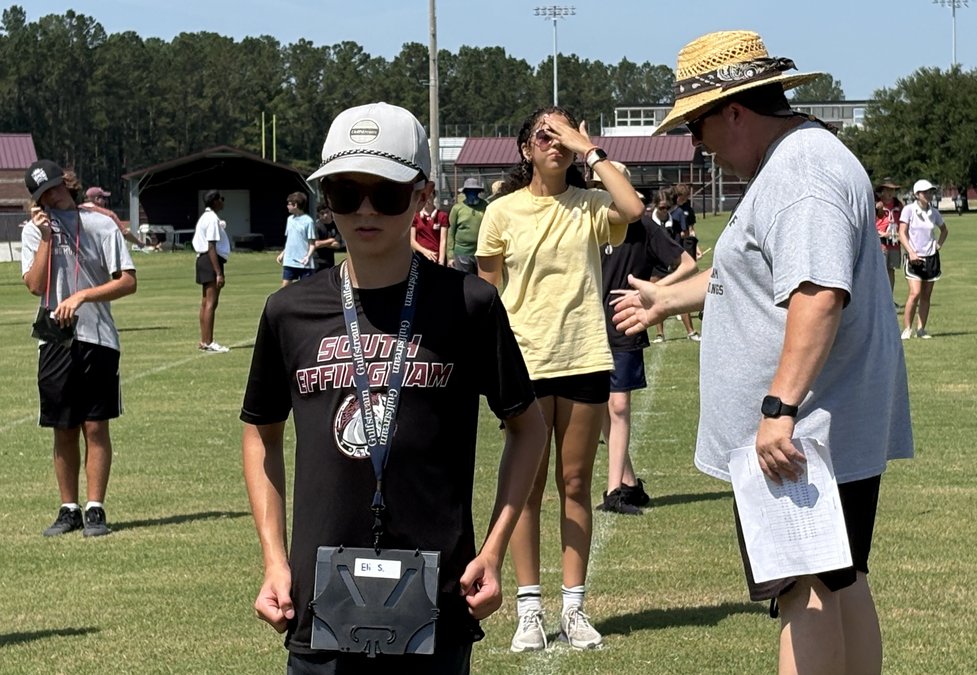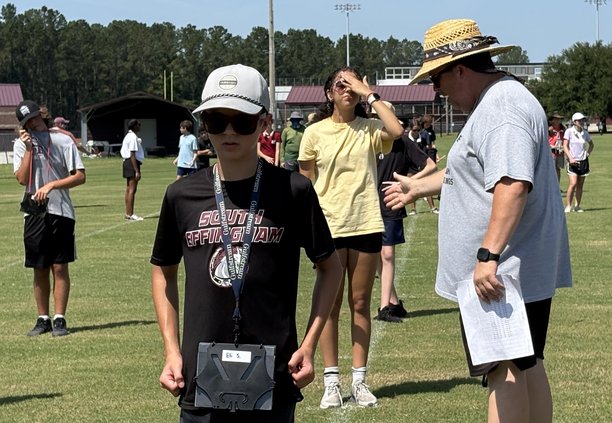As he traverses Georgia’s far-flung 12th Congressional District, John Stone hears a constant refrain.
Gas prices are out of hand.
Stone, one of three candidates for the Republican nomination, hosted a meet the candidate barbecue at the Vernon Hinely Center in Rincon on Thursday. And folks he talked to there are telling him the same thing he’s heard all over the district on the campaign trail — “It’s the gas prices and the overall inflation,” he said.
They’re also frustrated by what’s being done at the federal level to ease the burden at the pumps — nothing, according to Stone. House Democrats have blocked a measure to open the Alaska National Wildlife Refuge and Florida’s Gulf Coast for drilling.
“The one thing they have done is they voted to raise the gas taxes and to raise the price of gas even higher,” Stone said. “It’s like the federal government is in revolt against us.”
Stone also chastised incumbent U.S. Rep. John Barrow (D-Savannah) for voting against opening the ANWR and the offshore areas for drilling.
“It’s not the first time he has voted against drilling in the Anwar and offshore,” Stone said.
“Here we are again, and Barrow votes against it again. And their only solution is to raise gas prices even more. We’ve got to have change. The gas prices affect everything in the economy.”
But he also acknowledged that it would be several years before any oil extracted from those areas would be available.
“We have to do something immediately,” he said.
The House Republican Conference has said the gas taxes should be rolled back for the summer. Stone would like to see the state taxes and the import tariffs on ethanol removed as well.
“For the next 180 days, that should provide some relief,” he said. “It really is getting desperate out there.”
Stone said there are some employers whose workers aren’t calling in sick but are calling in saying they can’t come to work because they can’t afford to put gas in their cars.
He also said the government’s inability to curtail gas prices is giving speculators more fuel to keep driving the prices higher.
“The prices we are experiencing are based purely on market speculation,” Stone said.
Stone has called for the U.S. to be energy independent within 10 years, and his strategy includes opening up previously restricted areas and a greater reliance on wind, solar and nuclear power.
Stone also said that mass transit could help ease some of the fuel crunch, and the government needs to take a look at two proposed interstate highways to alleviate the transportation woes. I-3 — which would run from Savannah to Augusta and then to Knoxville, Tenn. — and I-14 — from Augusta to Macon to Columbus to Montgomery, Ala., and then to Natchez, Miss. — have been approved.
“It was a done deal,” said Stone, an aide to former U.S. Rep. Max Burns. “What we’ve been waiting on are the feasibility studies.”
His former boss pushed for the highways and after his defeat, the initiative was picked up by the late U.S. Rep. Charlie Norwood, along with Congressman Jack Kingston and Sens. Saxby Chambliss and Johnny Isakson. But Barrow hasn’t pushed the highways, Stone said.
“I propose we re-energize those plans and look at them again with a couple of changes,” Stone said.
He wants I-3 to be routed toward I-81, tying in with I-26 and ending at the port of Savannah. That would allow the semis coming out of the port to stay off Highway 21, he said. He also said that if the highways are engineered right, there would be room to add light rail lines, connecting the cities and their airports.
It also could allow workers living in Waynesboro an easier commute to Augusta and for those living in Effingham quicker trips to firms such as Gulfstream.
Stone said the district is expected to grow more than any of the other 13 state’s districts and the state’s population is projected to hit 20 million by 2020. He also said the district needs someone willing to reach across the aisle and work with members of the opposing party on projects such as I-3 and I-14 and lowering gas prices.
“We’ve got to get on stuff like this,” Stone said. “This is the stuff we have to fight for. We have to stand up to the special interests, to the oil companies and the radical environmentalists. We’ve got to be proactive about it.”
Voters in the 12th District also have issued concerns about health care, illegal immigration and the war in Iraq.
“But gas prices are dragging the economy down,” Stone said. “If we don’t do something now, we’ll drive the economy into a severe recession.”
Stone said health care costs, particularly for insurance, can be pared down through bipartisan efforts. He believes the next Congress will be narrowly divided but members still have to be able to work with people they may disagree with 90 percent of the time.
“We’ve got a ton of people without insurance, and there’s no reason they can’t be insured,” he said.
There are many people who can afford a reasonable insurance package, but some states have priced insurance out of their reach.
“We have to take the hurdles out of the way and let them buy it,” Stone said.
The 12th District is perhaps the state’s largest and most varied, including two metropolitan areas and a great deal of rural voters in between.
“I get to drive 22 counties and do nothing but talk to people,” Stone said. “It doesn’t get better than that.”








